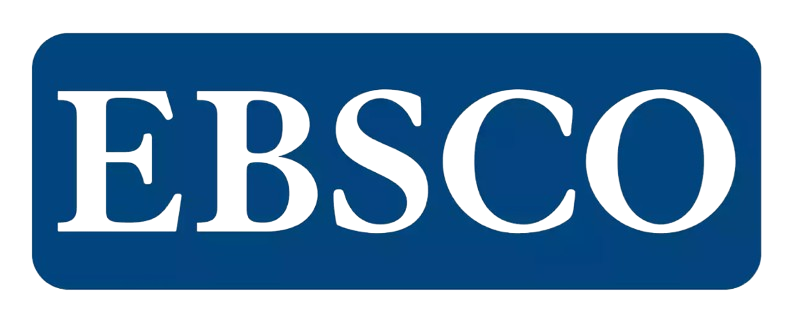Mentor-Reflective Theory in Teacher Onboarding
DOI:
https://doi.org/10.52751/cmujs.2024.v28i1.ey78aj38Keywords:
Beginning teachers, Deductive axiomatic, Grounded theory, Mentor-reflective theory, Teacher mentoring programAbstract
Effective mentoring is paramount for developing 21st-century teachers and shaping their knowledge, skills, attitudes, and career progression. This research employs Corbin and Strauss's (2015) grounded theory approach, a qualitative methodology that systematically generates theory from empirical data. Aligned with the study's deductive approach, Padua's deductive axiomatic technique underpins theory development. Three axioms are identified: (1) Professional development enhances novice teachers' pedagogical strategies and confidence; (2) Mentorship enriches mentor leadership through structured training and observation; (3) Structured induction supports novice teachers' pedagogical advancement. These axioms yield five key assertions: (1) Professional development readies novice teachers; (2) Mentoring refines novice teachers' skills; (3) Reflective mentoring imparts organizational values and norms; (4) Teacher mentoring influences self-efficacy and job satisfaction; (5) This culminates in the Mentor-Reflective Theory for Teacher Onboarding, emphasizing the professional growth of new educators.
Downloads
References
Al -Mekhlafi, G., & Nagaratnam, R. (2021). Conceptualizing
research problems in educationalsettings. In Research Methods in Language and Education (17 -30). Routledge.
Allen, T. D., & Eby, L. T. ( The Blackwell handbook of mentoring: A multiple perspectives approach. John Wiley & Sons.
Babbie,E. ( The practice of social research. Cengage
Learning.
Bayne, R. ( The toptop-down and bottombottom-up
processing of information: Implications of cognitive load theory. Journal of Educational Psychology, 110(2), 225225–234. https://doi.org/10.1037/edu0000229
Clausen, C., Aquino, J., & Wideman, R. ( Novice teachers' experiences of workplace conditions, teacher preparation, and collegial support during their induction into the profession. Teacher Education Quarterly, 36(1), 89-108.
Clutterbuck, D., & Megginson, D. ( Techniques for coaching and mentoring. Routledge.
Cochran-Smith, M. (2005). The outcomes question in teacher education. Teaching and Teacher Education, 21(5), 435–446. https://doi.org/10.1016/j.tate.2005.02.005
Darling-Hammond, L., Wei, R. C., Andree, A., Richardson,
N., & Orphanos, S. (Professional learning in the learning profession: A status report on teacher development in the United States and abroad.
National Staff Development Council.
Day, C., Kington, A., Stobart, G., & Sammons, P. (The personal and professional selves of teachers: Stable and unstable identities. British Educational Research Journal, 33(4), 601601-616.
Delaram, M., & Valilai, N. (Axiomatic approach to set theory. Mathematical Structures and Modeling, 47(1), 99 –104. https://doi.org/10.15407/mhs2018.01.099
Doppenberg, J. J., den Brok, P. J., & Bakx, A. W. (The power of teacher communities for professional development and school innovation. Educational Research Review,Review, 7(1),7(1), 83 -99. doi:10.1016/j.edurev.2011.12.001doi:10.1016/j.edurev.2011.12.001
Eisenberger, R., Stinglhamber, Vandenberghe, C., Sucharski, I. L., & ,Rhoades, L. (2002)Perceived supervisorsupervisor support:support: Contributions to perceived organizational support and employee retention. Journal of AppliedPsychology, 87(3), 565–573. https://doi.org/10.1037/0021https://doi.org/10.1037/0021-9010.87.3.5659010.87.3.565
Feiman-Nemser, S. ( From preparation to practice:
Designing
a continuum to strengthen and sustain
teaching. Teachers College Record, 103(6), 10131013– 1055. https://doi.org/ 10.1111/0161 0161-4681.00151
George, J. M. (The Oxford Handbook of Organizational Phenomenology. Oxford University Press.
Gilgun, J. (2019). Deductive reasoning in qualitative research. Qualitative Health Research, 29(2), 311311–319. https://doi.org/10.1177/1049732318792166













 LinkedIn
LinkedIn